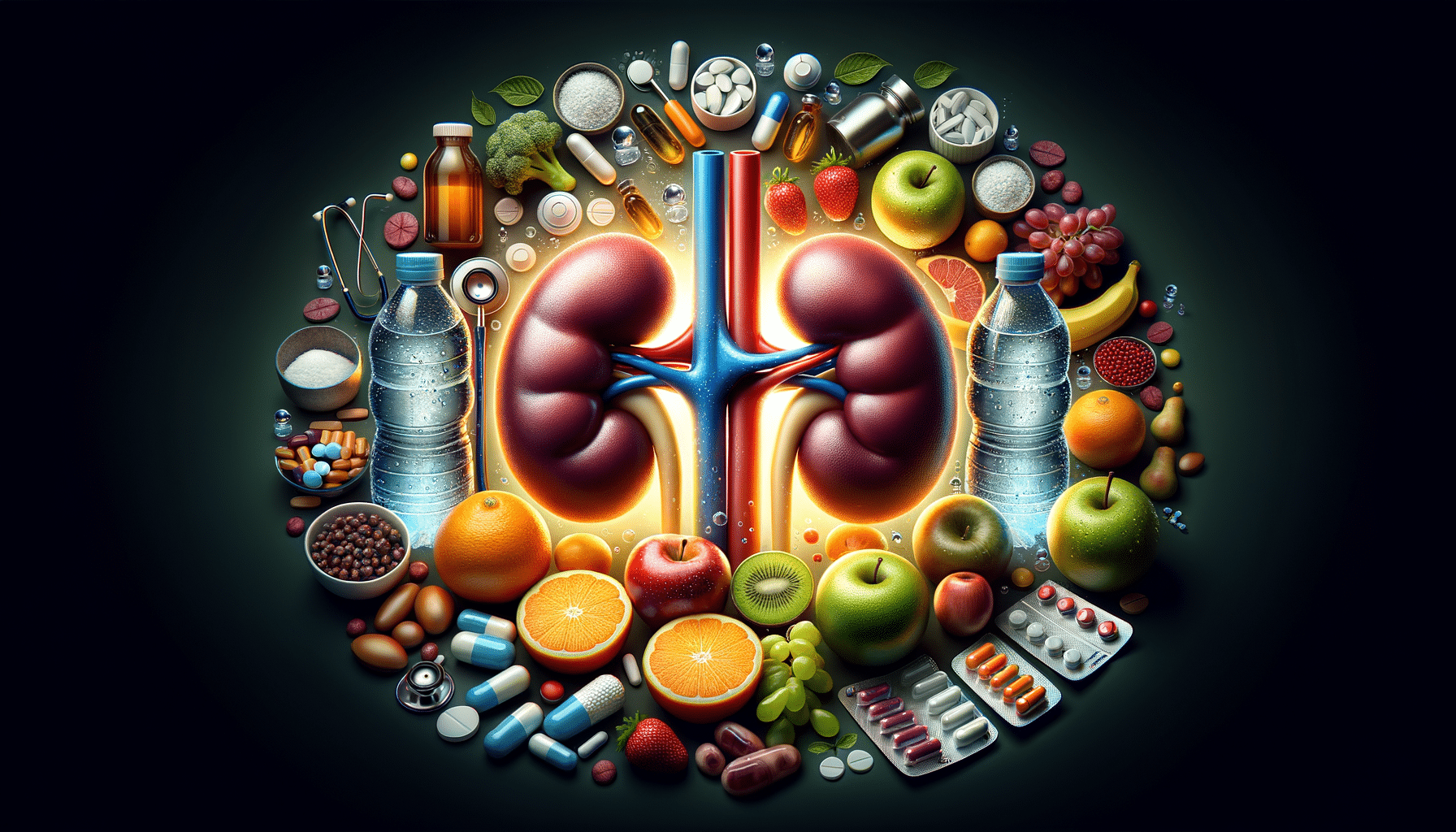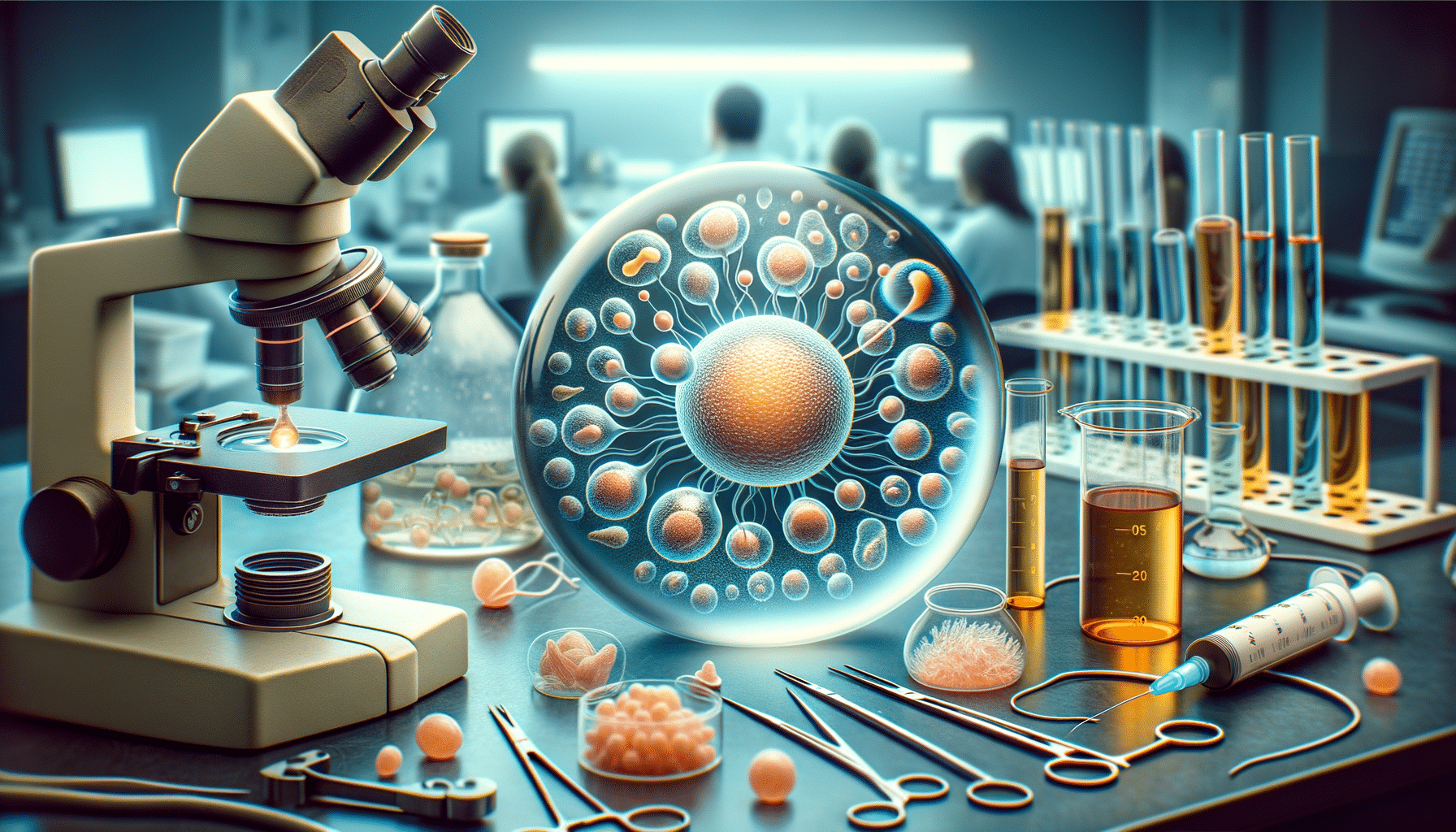
Caring for Your Kidneys
Introduction to Kidney Disease
The kidneys, two bean-shaped organs located on either side of the spine, play a crucial role in maintaining overall health. They filter waste products and excess fluids from the blood, which are then excreted as urine. When the kidneys fail to function properly, it can lead to a condition known as kidney disease. This condition can be acute or chronic, with chronic kidney disease (CKD) being more common. CKD progresses over time and can eventually lead to kidney failure, requiring dialysis or a kidney transplant.
Understanding the importance of kidney health is vital. It not only affects the body’s ability to filter waste but also influences blood pressure regulation, red blood cell production, and bone health. Early detection and treatment of kidney disease can significantly improve outcomes and quality of life for those affected.
Common Causes and Risk Factors
Kidney disease can be caused by a variety of factors. Some of the most common causes include:
- Diabetes: High blood sugar levels can damage the blood vessels in the kidneys.
- High blood pressure: Increased pressure can harm the kidney’s filtering units.
- Glomerulonephritis: An inflammation of the kidney’s filtering units.
- Polycystic kidney disease: A genetic disorder causing cysts in the kidneys.
Risk factors for developing kidney disease include a family history of kidney issues, age, obesity, and smoking. Additionally, certain ethnic groups are at a higher risk, highlighting the importance of regular check-ups and monitoring for those with these risk factors.
Diagnosis and Monitoring
Diagnosing kidney disease typically involves a series of tests to assess kidney function. These may include:
- Blood tests: Measuring levels of waste products like creatinine and urea.
- Urine tests: Checking for protein or blood in the urine.
- Imaging tests: Ultrasound or CT scans to view the kidneys’ structure.
- Biopsy: A small sample of kidney tissue may be taken for analysis.
Monitoring kidney function is crucial for those diagnosed with kidney disease. Regular check-ups help track the progression of the disease and adjust treatment plans accordingly. This proactive approach can help delay the onset of kidney failure and improve patient outcomes.
Treatment Options
Treating kidney disease involves managing the underlying causes and addressing symptoms. Treatment options may include:
- Medications: To control blood pressure, blood sugar, and cholesterol levels.
- Dietary changes: Reducing salt, protein, and potassium intake can ease kidney strain.
- Lifestyle modifications: Quitting smoking, exercising regularly, and maintaining a healthy weight.
- Dialysis: A procedure to remove waste products and excess fluid from the blood when kidneys fail.
- Kidney transplant: Replacing a failed kidney with a healthy one from a donor.
Advancements in medical technology continue to improve treatment options, offering hope for those living with kidney disease.
Living with Kidney Disease
Managing kidney disease is a lifelong commitment that requires active participation from the patient. By adhering to treatment plans and making necessary lifestyle changes, individuals can lead fulfilling lives despite their diagnosis. Support from healthcare providers, family, and community resources can be invaluable in navigating the challenges of living with kidney disease.
Education and awareness are key components in empowering patients to take control of their health. By understanding their condition and the available treatment options, patients can make informed decisions that positively impact their quality of life.


